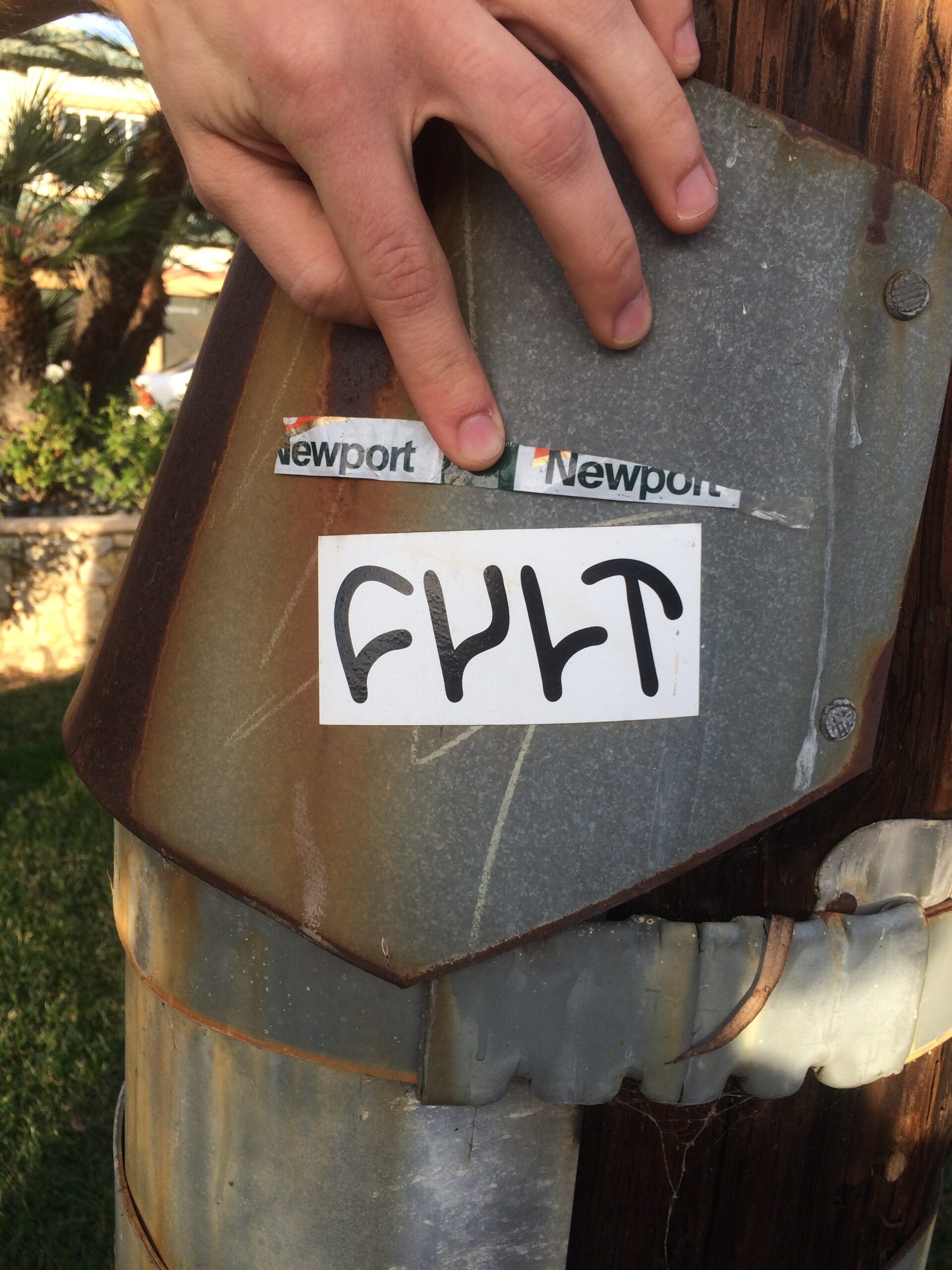Shards of old prophecies broke kaleidoscopically on her mind, as memories of old conflicts, old conquests, streamed out into pattern, rationally ordered. He opened his eyes and looked at her. A sudden terror gripped her: he was Italian, a Roman Catholic, a stranger, she knew nothing about him, a laborer in the mines, would he find her mad? Hostile faces of old crises appeared, floated, rippled over his gaunt face like watery masks, and if she were wrong…?
Ask and thou shalt be confirmed!
And, indeed, hadn’t Mrs. Collins all but confirmed it? That message had excited Eleanor, even though a reading of it was disappointing. A simple Christian admonition finally, which the Collins woman with equal simplicity equated to stale dreams of a Last Judgment. Eleanor could not help becoming impatient with the Christians and their adolescent clubbiness, their absurd dualities, concern with the physical body, their chosen-people complex… even though the Bible itself, before Domiron, had been her chief guide. Now, the woman believed that something — perhaps even the Second Coming — must happen on the eighth of February, finding this implication in her dead husband’s note, and she was bullish and tense and she had power.
Robert Coover, The Origin of the Brunists




Leave a Reply